Back to Blog
by Finage at November 9, 2021 • 4 MIN READ
Real-Time Data
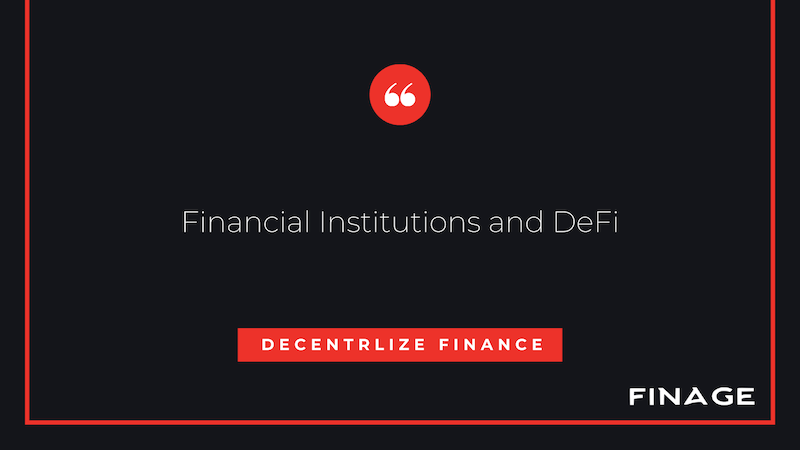
Financial Institutions and DeFi
All information about DeFi, which attracted a lot of attention due to the advantages and made revolutionary innovations, and financial institutions is in our blog.
Do we know why financial institutions actually exist? This question may sound a little interesting to you. However, we think that this should now be explained. We always see the focus on the benefits and revolutionary innovations that DeFi offers. However, he is excited about the rapid pace of change and the societal wonders that can be unlocked once this becomes mainstream. However, for DeFi to go 10x from here, we need to address one issue as to why it is arguably better than the current financial system. Now let's answer this question, why do financial institutions exist?
Let's start by answering our question. Why do we already have funding? As society developed, the role of capital and its ability to make the most of it became more important. In a series of waves, the community has come to combine trade, investment, and currency/credit. If you're questioning what I'm talking about, check out The Ascent of Money. And so, we have achieved the creation of a financial system with one general purpose: to connect savers/lenders and borrowers/spenders. At the heart of finance is this link, where every transaction is represented by a flow in one direction or another. Today, there are currently two ways to achieve this:
- Direct financing: savers coordinate with direct spenders (i.e. stocks, angel investments, loans to friends)
- Indirect financing: manages the flow of capital between financial intermediaries, savers, and users (banks, hedge funds, insurance firms).
While both are beneficial on a case-by-case basis, indirect financing has become the dominant mechanism. Today, finance is managed by intermediaries. For the DeFi user, this is not new and unheard-of news, but perhaps the intrigue is why this is the case.
Why Financial Institutions?
In general, we can mention 2 reasons for this.
- Transaction costs: This refers to the real costs (time and money) of performing the capital transfer. Transaction costs manifest in the form of legal settlements/attorney fees, breaking entry barriers, higher risk, and more. Financial institutions can minimize transaction costs as economies of scale allow them to amortize these costs over their customer base. For example, a bank has its own legal team to overlook thousands of loans. This fixed legal cost is spread over all depositors, making it much more convenient for the average person to lend money effectively.
- Information asymmetry: If markets develop to be excessively asymmetrical, they will eventually fail. It details the rationale that it reduces the quality of opportunities for capital. Consider credit markets in less developed countries. Banks are choosing to raise interest rates everywhere, taking into account the unseen risks that capital seekers cannot access or accurately identify information about their financial sustainability. This then leads to a lack of funded good ideas and an increased presence of high-risk (potentially bad) ideas that can meet the interest barrier. At the root of the event, credit markets fail. Financial intermediaries with information asymmetry (credit assessment, risk pricing, and access to market information give them an advantage when it comes to capital management. This is the moral hazard issue that accompanies the “Lemon” problem. When a person has information asymmetry, they can be morally endangered. For example, they do not bear all the costs associated with taking risks. Financial intermediaries can mitigate this risk by shaping the behavior of those who take and give capital (commitments, payment terms, legal provisions). These mitigation methods are not typically available to average individuals. Financial intermediaries, capital These mitigations are not typically available to the average individual financial intermediaries can mitigate this danger by shaping the behavior (commitments, payment terms, legal provisions) of the recipients and givers of capital. These mitigation methods are typically not available to average individuals.
How About DeFi?
DeFi's primitives are fascinating and fulfill the core competencies of financial intermediaries. But in a decentralized way. DeFi applications take advantage of economies of scale to deal with transaction costs. It makes access to capital cheaper. For example, Ethereum provided developers with standards, a market for capital, and security, reducing the transaction costs of making complex and customized financial transactions. DeFi also manages to deal with information asymmetry. This is where the fundamentals of crypto game theory are invaluable. Incentive models, network security and design, and the use of a token exist to fundamentally reduce the chance of market failure. Loans can be made unreliably because these parameters are available.
In terms of transaction costs, more DeFi scales will actually be better. More liquidity means fewer financial costs associated with transactions. As the system scales, legal frameworks will grow with it and spread legal costs. Finally, the technology itself is the overall reduction of transaction costs. Currently, DeFi economical designs are making good progress to deal with this. But scalability is not a definite area. Can you be covered by a secured loan/loan without any security? At this point, we think DeFi 2.0 is extremely innovative.
DeFi has the potential to replace financial intermediaries and is already making significant progress towards achieving this goal, but it still has a long way to go. Learning about financial intermediaries, what they offer, and how they get on the scene can be invaluable to DeFi contributors. It is useful to combine an appreciation of history with looking ahead.
Conclusion
We hope that this blog post will be beneficial for you. We will continue to create useful works in order to get inspired by everyone. We are sure that we will achieve splendid things altogether. Keep on following Finage for the best and more.
You can get your Real-Time and Historical Market Data with Finage free Data API key.
Build with us today!
Featured Posts
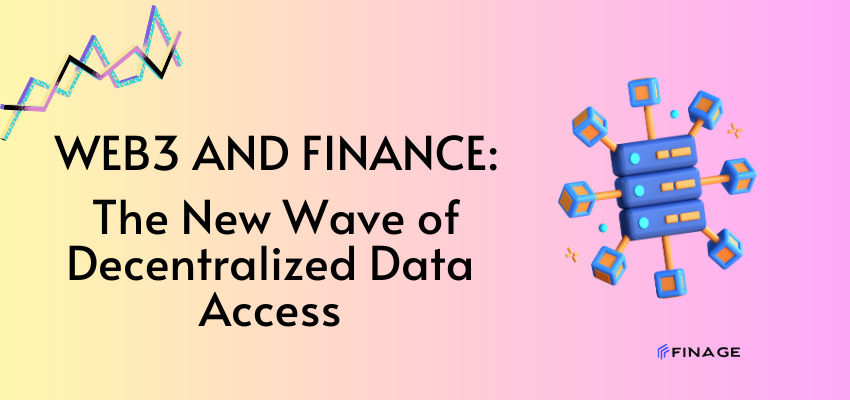
Web3 and Finance: The New Wave of Decentralized Data Access
October 28, 2024
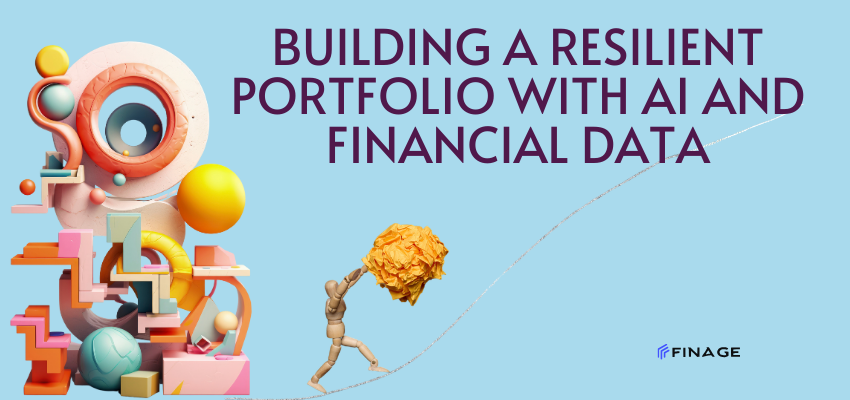
Building a Resilient Portfolio with AI and Financial Data
October 27, 2024

What is Financial Compliance Regulation?
October 26, 2024
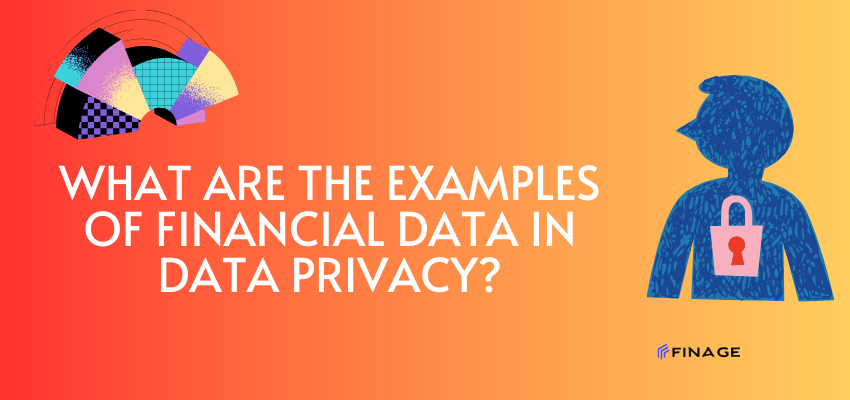
What are the Examples of Financial Data in Data Privacy?
October 25, 2024
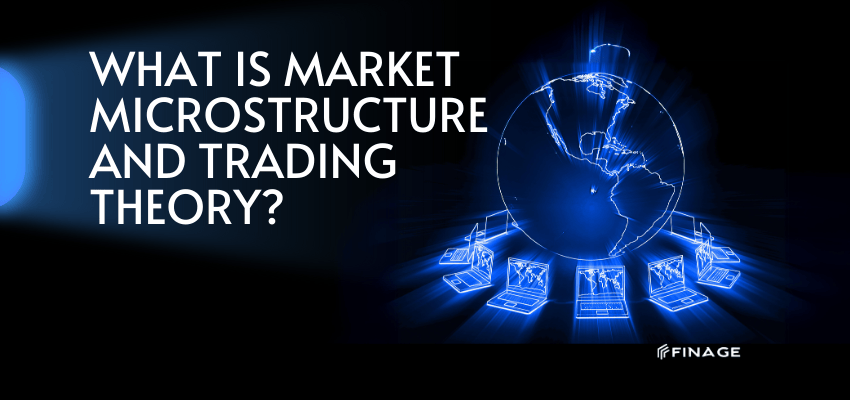
What is Market Microstructure and Trading Theory?
October 24, 2024
Tags
Defi
dapps
Financial Institutions
Market Data Provider
Finage
Real-Time Data
Historical Data
API
WebSocket
Stocks API
Forex API
Cryptocurrency API
Join Us
You can test all data feeds today!
Start Free Trial

If you need more information about data feeds, feel free to ask our team.
Request Consultation
Back to Blog
Please note that all data provided under Finage and on this website...